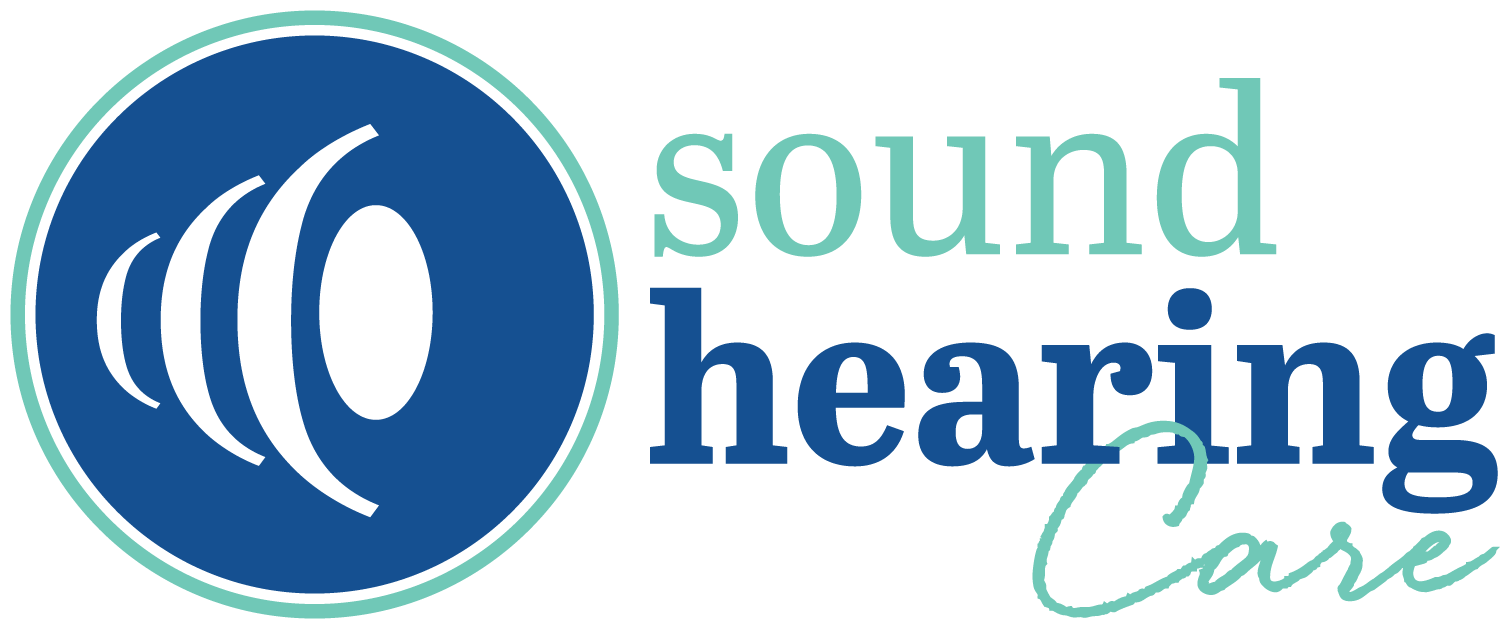Improving Sleep While Having Hearing Loss
Many people with hearing loss complain that they don’t get enough sleep, or the quality of their sleep has decreased. While there is no magic solution to improving your sleep, patients with hearing issues can try several different options to help their sleep issues.
Consult Your Health Care Professional
According to the Sleep Help website, “both sleeping and hearing problems are medical issues that demand the attention of a medical professional.” When you work with your health care professional, they can help figure out any underlying issues that may be preventing you from getting the quality sleep you need. The health care professional that you work with can “develop a plan for treatment and symptom reduction.”
The Sleep Help website notes that Cognitive behavioral therapy (CBT) “is used for an array of mental health conditions and has been specifically applied to sleeping problems through a specific form called cognitive behavioral therapy for insomnia (CBT-I). CBT-I involves various strategies to eliminate negative thoughts about sleep and to cultivate sleep-promoting habits.” Based on the findings, patients who participated in CBT-I had reduced levels of insomnia and increased sleep quality. While the research continues, this solution holds promise for helping people with sleep issues.
How Your Sleep Environment Affects Your Sleep
Many things factor into our sleep, including the surroundings where we sleep and our sleep habits. Following these recommendations can help improve sleep for people with or without a hearing loss.
Devices for Safety – People with hearing impairments won’t be able to hear smoke detectors or house alarms going off during the night when their hearing aids aren’t in. It’s essential to invest in devices that use light or vibrations to alert people of danger, which will help with the quality of your sleep and peace of mind.
Remove disruptions – Even if you have a hearing impairment and can’t hear disturbances, you can still see them. By removing bright lights and adding blackout curtains to your bedroom, they can help aid in better sleep. Also, using a white noise machine can help tinnitus sufferers block out the disturbing sounds they always hear.
Block Blue-Light Devices – Using a phone or tablet before bed can disrupt the process your body needs to prepare for sleep. To help with this vital bedtime routine, put down your mobile phone and tablet at least 30 minutes before bedtime.
Keep it cool – Experts say that a cool bedroom helps you get a better night's sleep. While the specific temperature will differ from person to person, try different temperatures at night and see which is the best for you.
Surround Yourself in Comfort – If your mattress and pillows are making sleep difficult, then it may be time to trade them in for more comfortable ones.
Select Better Bedding - The bedding on your mattress and pillows also plays a role in your quality of sleep. If your sheets aren’t soft enough and keep you cool at night, then you will be restless and won’t get quality sleep.
For more tips on developing healthy sleep habits, and helping yourself relax before bedtime, read the rest at the Sleep Help website.
If you struggle with sleep and have a hearing impairment or tinnitus, then speak with our hearing care professionals at Sound Hearing Care. We want all of our patients to get the quality sleep that they need. Our four convenient locations in Simpsonville, Greer, Travelers Rest, and Greenville make it easy to schedule an appointment.




